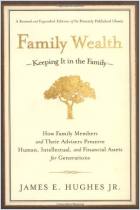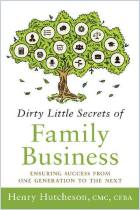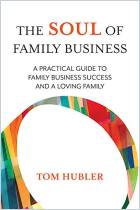
The Dilemmas of Family Wealth
Insights On Succession, Cohesion, and Legacy
Recommendation
Before soap operas, people could follow the rise and fall of actual famous families’ fortunes. The soaps borrowed heavily from the sagas of wealthy families, stories with the essential elements of any good drama: money, nepotism, jealousy, decadence and conflict. Family businesses are the world's most popular form of corporate ownership, yet few family businesses make it past the second generation. Judy Martel offers case histories and aptly describes the problems associated with family fortunes, but tends to fall short of fully explaining solutions. She repeats some remedies often, such as forming a "family council." And, some remedies seem slight, such as ways to resolve differences over sharing a summer house. getAbstract appreciates Martel's emphasis on family values, while wishing this book's solutions were all as solid as the fascinating problems it describes.
Summary
About the Author
Judy Martel, CFP, is a vice president at an asset management company. She has 20 years of experience in journalism and public relations, and was a newspaper reporter for 11 years. She has written extensively on wealth issues and family dynamics for the Robb Report, Worth, Town & Country and Vive magazine.


















Comment on this summary or Start Discussion